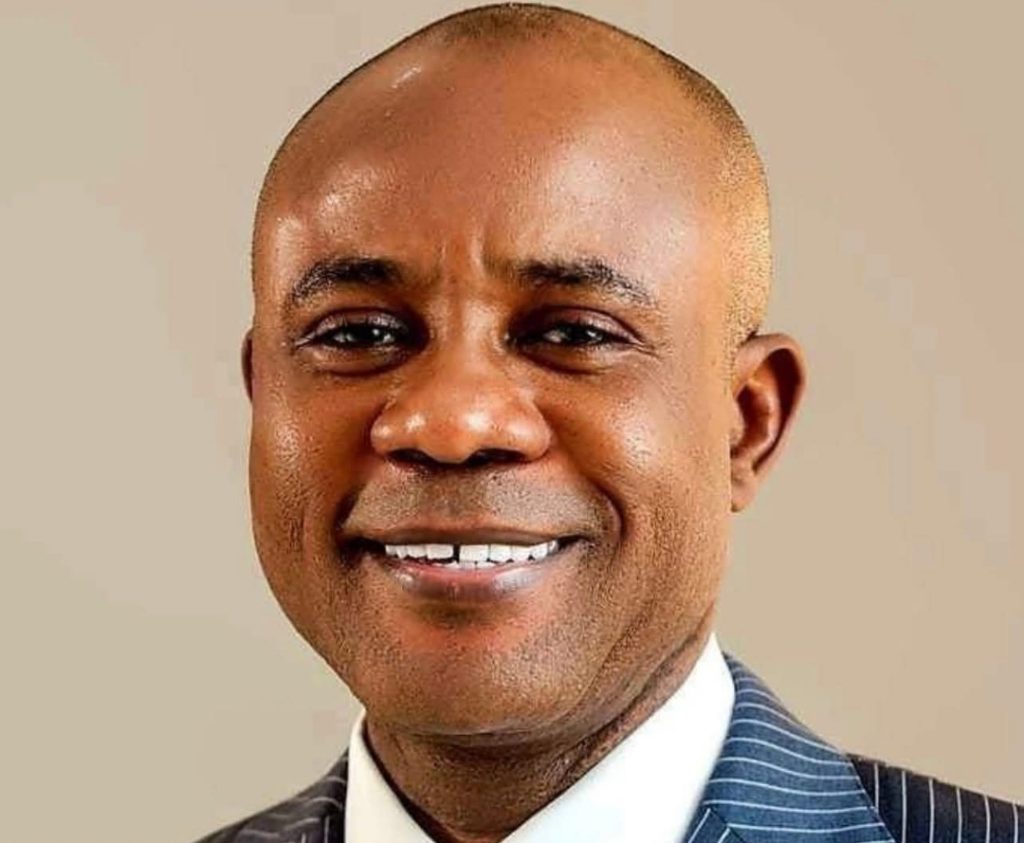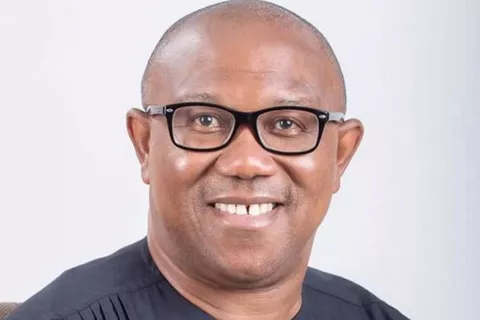Education
Nigerians reject NYSC extension to two years now
DDM News

The Nigerian government is considering extending the National Youth Service Corps (NYSC) scheme from one year to two years.
Diaspora digital media (DDM) gathered that this proposal has sparked widespread outrage, particularly among Nigeria’s unemployed and underemployed youth.
Minister of State for Education, Dr. Olatunji Alausa, revealed the proposed plan in early April 2025.
The idea has stirred public debate, criticism, and skepticism over its necessity and effectiveness.
Many Nigerians, especially graduates, argue that the move is ill-timed and misguided.
They believe it would worsen the hardships already endured by the country’s young population.
Youth unemployment in Nigeria stands at a staggering 40.6% as of 2024.
This figure reflects a severe lack of opportunities for new graduates.
The NYSC program, originally launched in 1973, aimed to promote national unity.
It was introduced shortly after the Nigerian Civil War to encourage integration.
Graduates are deployed to serve in states other than their own.
The purpose is to foster cross-cultural understanding and patriotism among young citizens.
While the program has achieved some unity, it also faces growing criticism.
Many now view it as outdated, inefficient, and misaligned with today’s challenges.
A two-year NYSC extension is seen as a step backward by most.
Graduates fear more time will be wasted instead of gaining experience or employment.
The current one-year scheme already delays graduates from entering the labor market.
Extending it to two years would double the setback.
Graduates complain it could delay financial independence and personal development.
A young graduate said, “This feels like modern slavery after all our years in school.”
That comment reflects a common frustration shared by many Nigerian youths today.
Many graduates spend at least sixteen years in school before reaching NYSC.
Adding two more years of mandatory service feels excessive to them.
This additional delay may cause long-term career disadvantages.
A Mass Communication graduate said, “I’d be 27 before earning real money.”
Such sentiments are now widespread across universities and social platforms.
Young Nigerians are demanding empowerment, not prolonged service obligations.
They believe innovation and productivity suffer under extended delays.
Tech and media industries require youthful, agile minds ready to contribute.
A two-year NYSC forces them into unnecessary community work and outdated training.
Critics argue this wastes talent and discourages creativity.
Supporters of the extension claim it will strengthen national unity.
But this claim seems increasingly unconvincing to many observers.
Five decades of NYSC postings haven’t resolved Nigeria’s ethnic and regional tensions.
#EndSARS protests showed that Nigerian youth are already united—by shared frustrations, not service.
Service placements have done little to erase social and ethnic divisions.
Instead, they expose corps members to unfamiliar environments and sometimes danger.
Security remains a major concern under the NYSC program.
Some regions where corps members are posted face insurgency and violence.
Extending NYSC would increase exposure to high-risk areas.
This could put young lives in greater danger.
Corps members have been kidnapped, assaulted, or killed in the past.
Insecurity has remained largely unaddressed by authorities.
Many ask how the government plans to keep members safe for two years.
NYSC is already troubled by limited funding and poor infrastructure.
An extension would place more strain on already scarce resources.
The program also struggles with widespread corruption and inefficiency.
In 2017, Premium Times exposed NYSC officials extorting money from corps members.
They demanded bribes in exchange for preferred urban postings.
A two-year NYSC would increase such corrupt practices.
It would deepen public mistrust in the scheme’s integrity.
Many feel the government should focus on reform, not expansion.
The NYSC structure needs overhaul, not lengthening.
The government should invest in meaningful employment and skills training.
Vocational and technical education would better serve today’s graduates.
Graduates should have the freedom to choose their own career paths.
“Youth empowerment should be a matter of choice, not coercion,” a young Nigerian posted online.
That message echoes across Nigeria’s youth demographic.
There’s growing anger over policies that ignore their aspirations.
Graduates are tired of being used to fill political and bureaucratic gaps.
They want to build their lives, not be trapped in outdated systems.
The extension could also worsen Nigeria’s brain drain problem.
More young people may flee abroad for better opportunities.
The “Japka” trend reflects how many view Nigeria’s future as uncertain.
Rather than retaining talent, a longer NYSC might push it away.
Corps members also complain about poor treatment and delayed stipends.
Longer service means extended periods of financial hardship.
The monthly allowance is often insufficient to meet basic needs.
No plan has been announced to improve corps members’ welfare.
This raises further questions about the government’s intentions.
Many see the proposal as disconnected from reality.
Critics demand the government engage youth in proper dialogue.
They call for democratic input, not unilateral policy declarations.
Youth advocacy groups, unions, and students have started speaking out.
They are organizing petitions and mobilizing for change.
Protesters insist the focus should be job creation, not enforced service.
The private sector needs fresh talent, not prolonged absence.
Young professionals need internships, mentorships, and early employment.
A two-year NYSC denies them those crucial years.
Analysts warn of social consequences if youth voices are ignored.
Discontent could grow, fueling unrest and further political instability.
The Nigerian government is at a crossroads.
It must decide whether to empower or alienate its youth.
Extending NYSC might deepen economic and emotional frustration.
Reforming NYSC could align it with 21st-century goals.
That includes digital literacy, entrepreneurship, and civic engagement.
A modernized NYSC would offer flexible options.
Service could become optional or skills-based.
Such reform would show respect for individual ambition and talent.
Nigeria’s future depends on how it treats its young people.
Policies must reflect trust, inclusion, and practical support.
Not outdated ideals and prolonged obligation.
Young Nigerians are demanding change, not more waiting.
They seek dignity, direction, and development.
The message is clear: no to a two-year NYSC.
Reform it, don’t expand it.
Invest in opportunities, not outdated bureaucracy.
Listen to the youth.
Their future is Nigeria’s future.
And that future must begin now.
For Diaspora Digital Media Updates click on Whatsapp, or Telegram. For eyewitness accounts/ reports/ articles, write to: citizenreports@diasporadigitalmedia.com. Follow us on X (Fomerly Twitter) or Facebook











